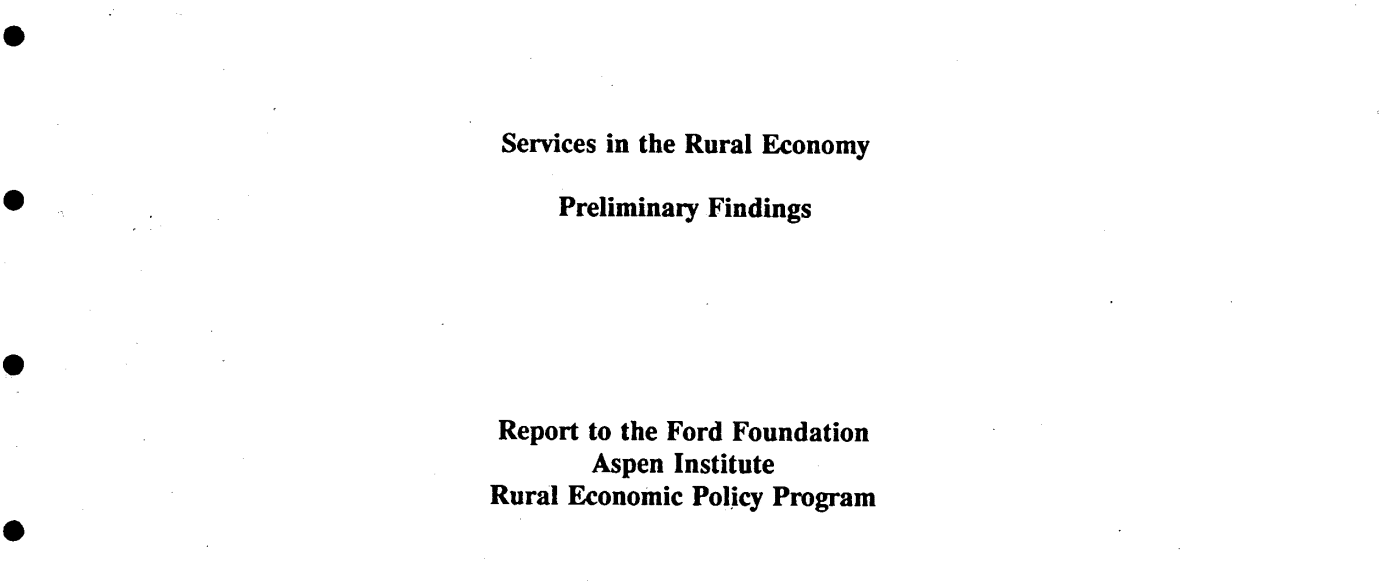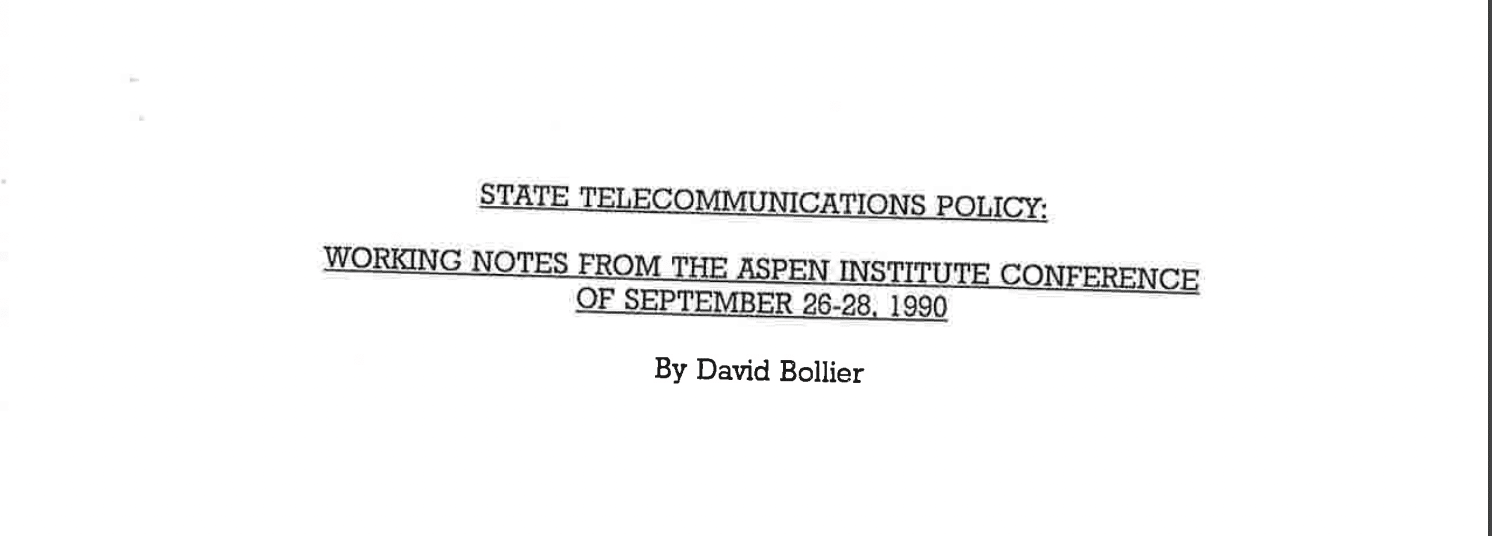Building Regional Strength: A Call to Action
Insights and recommendations to build healthy, thriving rural & Indigenous regions.
Rural Resources, Insights, and Collaborations by Aspen CSG and Partners
Insights and recommendations to build healthy, thriving rural & Indigenous regions.


Draft report of Cynthia Duncan's book Rural Poverty in America.

Report provides findings and research progress in survey of Mixtec farm workers in the Western United States.

Paper examines income variations among rural families through examining the ratio of a worker's annual earnings compared to the poverty level for a family of four.

Report examines development policies in less urbanized but industrialized and industrializing regions of two European countries to find out more about the successes and failures of science and technology in promoting rural development.

Report addresses gradual decline in manufacturing industry in U.S. and its role in rural economies.

Report examines the contribution of industrial change to the growth of low wage work in the rural United States.

Report summarizes the highlights of the Aspen Institute's conference, "State Telecommunications Policy," on September 26-28, 1990 at the River House Conference Center.

This paper analyzes the factors associated with "earnings inadequacy" in the rural U.S. between 1979 and 1987. Earnings inadequacy is defined as annual earnings that cannot bring a family of four above the poverty level, even with a year-round, full-time job.

Black Female-Headed Families in the Metropolitan and Nonmetropolitan South: A Profile of Their Economic Status This study, "Black Female-Headed Families in the Metropolitan and Nonmetropolitan South: A Profile of Their Economic Status" by Joyce E. Allen and Pamela K. Joshi, examines the socioeconomic characteristics of black female-headed families with dependent children in the Southern United States.

This report, "Hand in Hand: Community and Economic Development in Tupelo," by Vaughn Grisham and Rob Gurwitt, is a case study published by the Aspen Institute Community Strategies Group.

This Aspen Institute report, "Developing Entrepreneurial Economies in Rural Regions: Lessons from Kentucky and Appalachia," by Rob Gurwitt, summarizes a June 1996 workshop in Kentucky that explored how rural regions can cultivate entrepreneurial economies. The report highlights the challenges faced by states like Kentucky, which have historically relied on low-skill industries and external ownership, leading to a lack of risk capital, sophisticated business services, and an entrepreneurial culture.

This file, "Covering Rural Territory," is a framework for community foundations looking to improve their service to rural areas. It was developed by the Rural Development Philanthropy Learning Network (RDPLN) of the Aspen Institute's Community Strategies Group in October 2004.